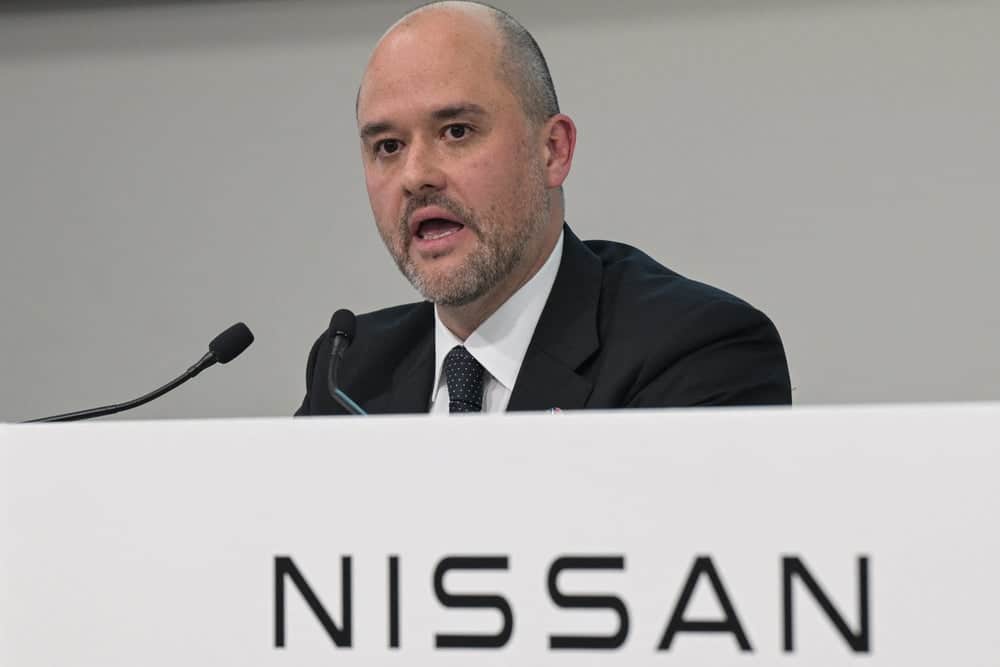Nissan Reduces Workforce by 20,000 and Closes 7 Plants Following $4.5 Billion Loss

Nissan Motor Corp is set to implement significant changes in response to a staggering financial loss of 670.9 billion yen (approximately $4.5 billion) for the fiscal year ending in March. The Japanese automaker announced plans to reduce its global workforce by about 15%, which translates to around 20,000 jobs, and to decrease its number of manufacturing plants from 17 to 10. These drastic measures come as Nissan grapples with declining vehicle sales in key markets, including China, and aims to establish a more resilient business model.
Financial Challenges and Strategic Cuts
The recent financial report from Nissan highlights a dramatic shift from the previous fiscal year, where the company recorded a profit of 426.6 billion yen. The current losses have prompted Nissan to outline a recovery plan that includes cutting costs by 250 billion yen (around $1.7 billion) in the upcoming fiscal year. Chief Financial Officer Jeremie Papin acknowledged the serious challenges ahead but reassured stakeholders that the company possesses sufficient financial resources to navigate this turbulent period. The restructuring efforts are part of a broader strategy to enhance performance and adapt more swiftly to market fluctuations.
Nissan’s struggles have been exacerbated by external factors, including U.S. tariffs on auto imports, which have disproportionately affected the company compared to its competitors. Analysts suggest that Nissan’s customer base is more price-sensitive, making it difficult to pass on increased costs without risking a significant drop in sales. This situation has led to a nearly 40% decline in the company’s shares over the past year, further complicating its recovery efforts.
Restructuring and Future Plans
As part of its restructuring strategy, Nissan aims to streamline operations and focus on developing new-energy vehicles, particularly in the Chinese market. The company recognizes the need to keep pace with the rapid growth of electric vehicle manufacturers in China, which have gained significant market share. Nissan’s commitment to enhancing its product lineup reflects a strategic pivot towards innovation and sustainability.
Despite the challenges, Nissan remains open to potential collaborations with other automotive companies, including Honda. Earlier discussions about a merger fell through, but Nissan’s new Chief Operating Officer Ivan Espinosa has expressed a willingness to explore partnerships that could strengthen the company’s position in the industry. The automaker’s focus on collaboration may provide additional avenues for growth and recovery in the face of ongoing market pressures.
Impact of Leadership Changes and Market Dynamics
Nissan’s recent leadership changes, including the appointment of Ivan Espinosa as CEO, come at a critical time for the company. The automaker has faced numerous setbacks in recent years, including the high-profile arrest of former chairman Carlos Ghosn on financial misconduct charges. Ghosn’s dramatic escape from Japan further complicated Nissan’s reputation and operational stability.
The company’s current leadership is tasked with navigating a challenging landscape marked by evolving consumer preferences and increasing competition from electric vehicle manufacturers. Ratings agencies have downgraded Nissan to junk status, citing weak profitability and an aging model portfolio as key concerns. The company is under pressure to revitalize its brand and product offerings to regain consumer trust and market share.
Observer Voice is the one stop site for National, International news, Sports, Editor’s Choice, Art/culture contents, Quotes and much more. We also cover historical contents. Historical contents includes World History, Indian History, and what happened today. The website also covers Entertainment across the India and World.

